The model 150SL is designed for tension, compression, flexure and shear strength testing on materials and assemblies. The robust design incorporates quality materials and components and ensures that our reputation for superior system performance, ease of use, and longevity is maintained.
Tinius Olsen’s hydraulic testers have long been recognized as the standard for accuracy, dependability and versatility in universal testing machines. The many thousands of testers currently in use throughout the world attest to this fact. Now more than ever, the SL series represents the highest standard in hydraulically powered universal testing machines.
Features & Benefits
Options & Accessories







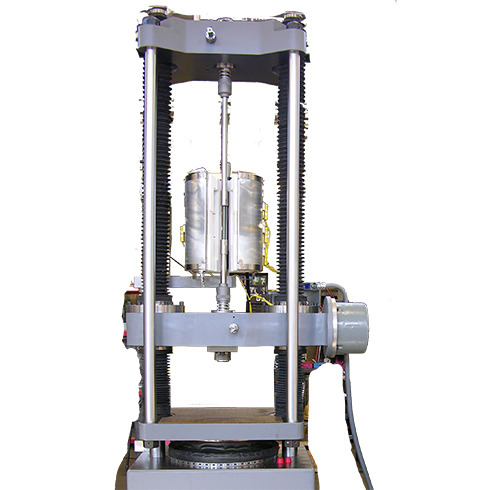


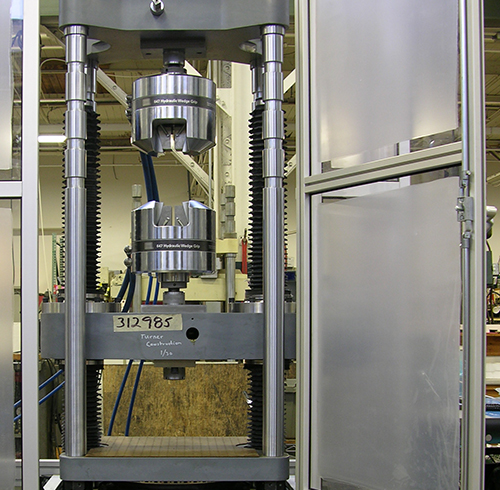
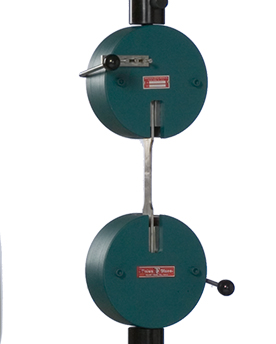
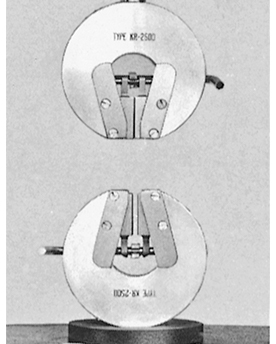
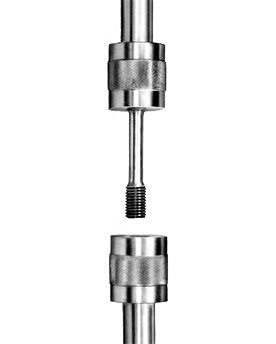
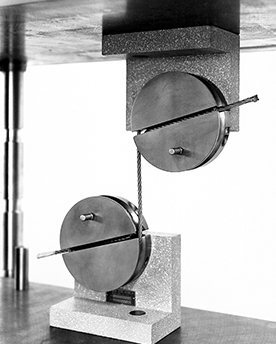
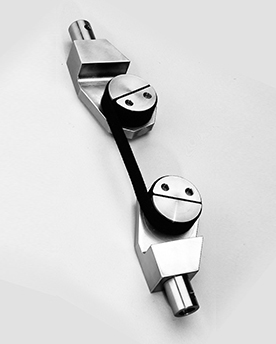
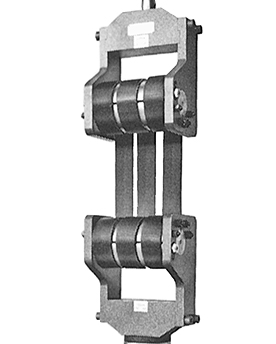

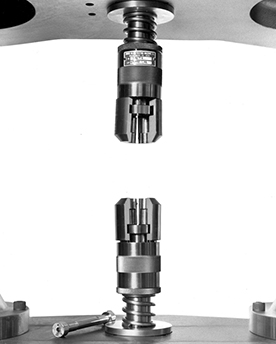
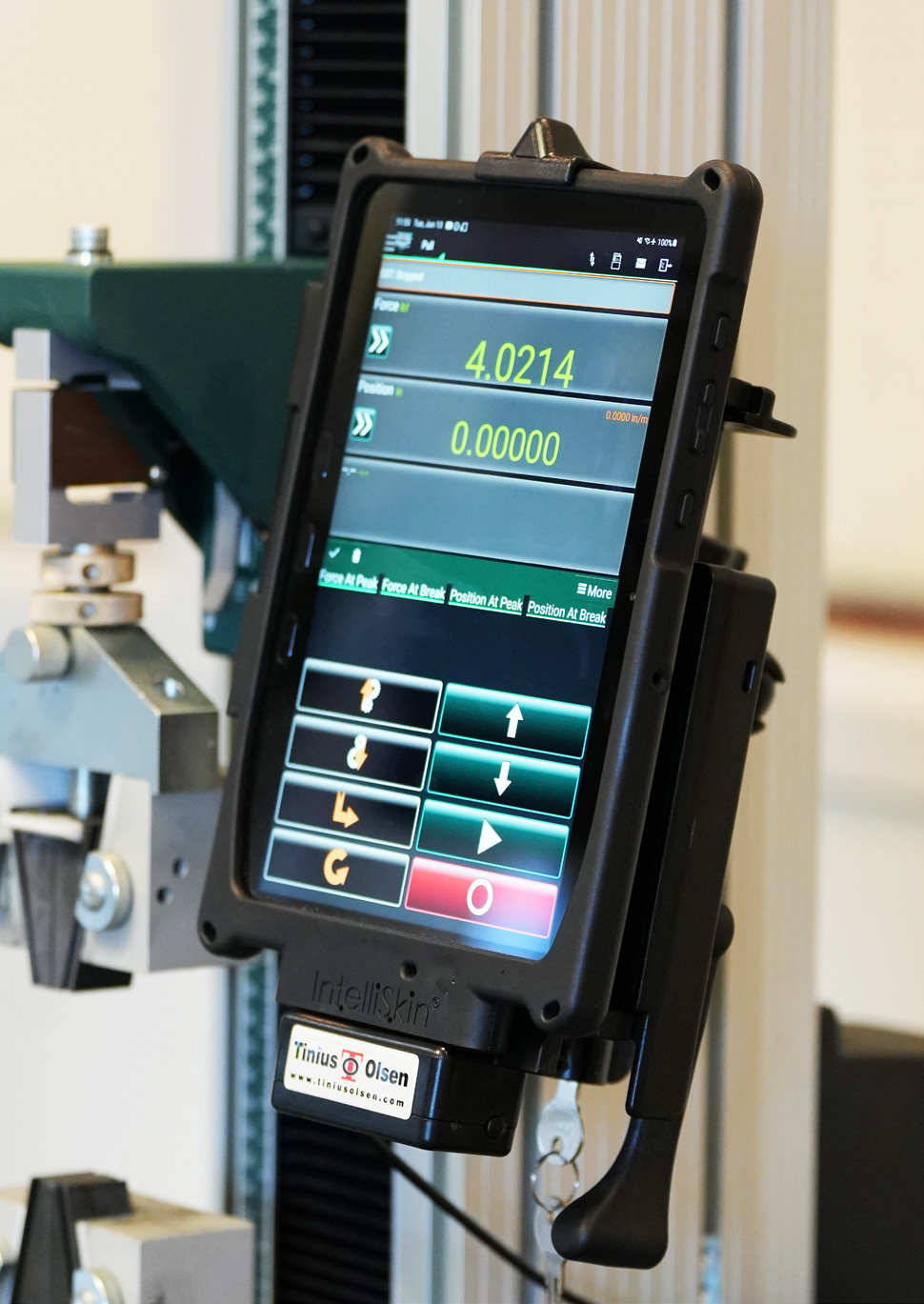
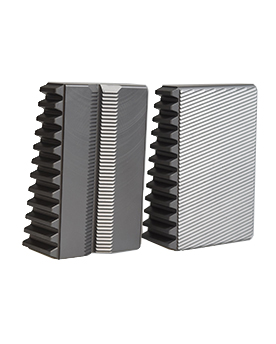

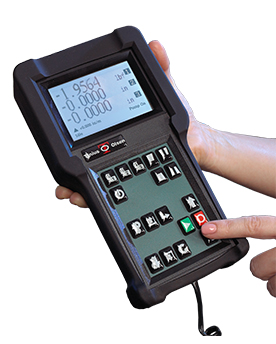
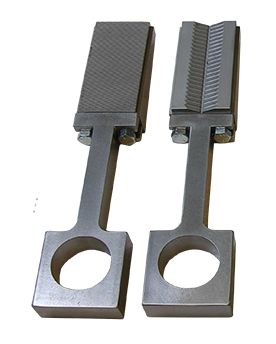
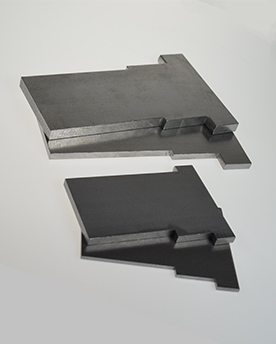
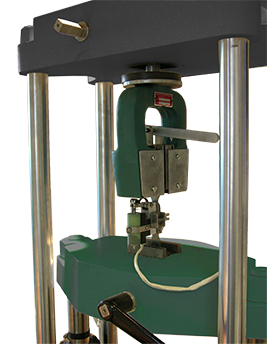
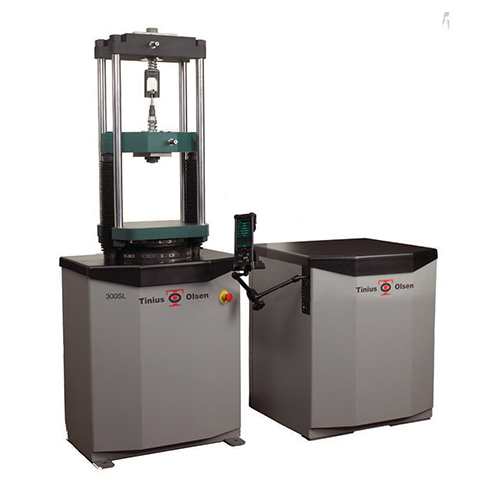 Model 300SL
Model 300SL
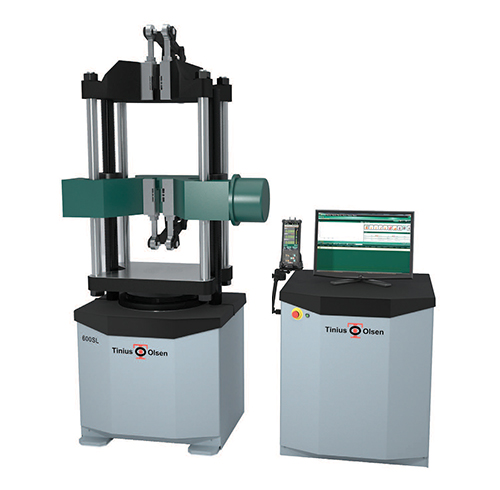 Model 600SL
Model 600SL
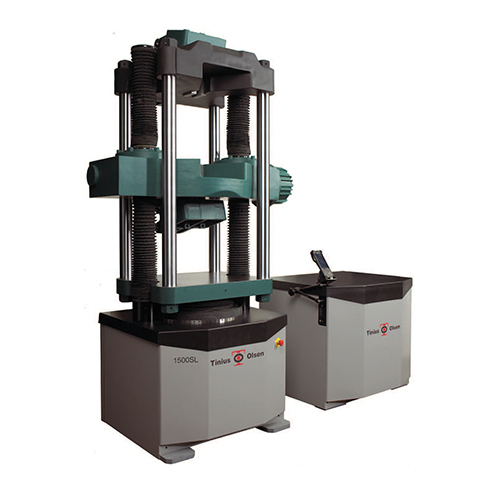 Model 1000SL
Model 1000SL
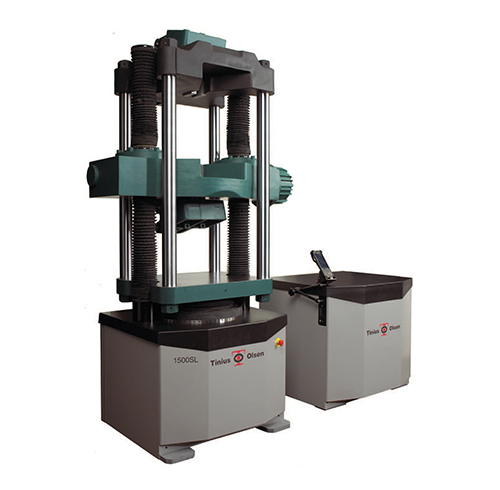 Model 1500SL
Model 1500SL
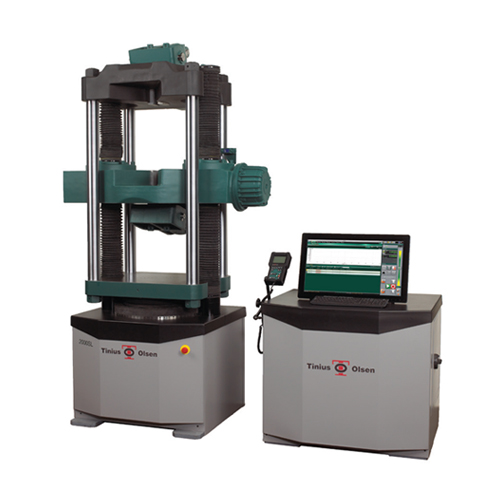 Model 2000SL
Model 2000SL
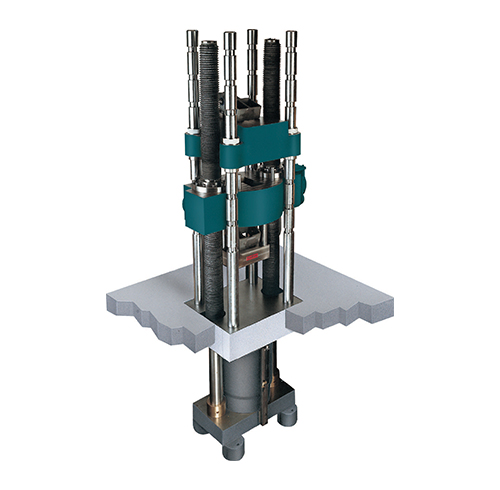 Model 3000SL
Model 3000SL